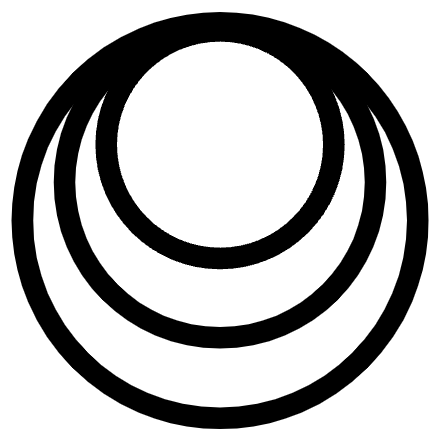This piece contends that if we embrace our depression as a valid worldview, rather than a mental illness, we’d realize that we have a voice that needs to be heard, not medicated and suppressed.
As an adult I came to learn that half of my family experiences severe depression. I didn’t even realize I “had it” until my mid-20s when I went through a particularly disruptive episode. But once I put a name to it I realized it had always been with me. I was just resilient, good at smiling, and driven to achieve.
Supposedly there are many variations of the condition, but two stand out: those who see themselves as victims in a terrible world, and those who feel they see life for what it is. You know the types; on one end you have the poor-me cutters seeking validation and attention (Type 1), and the other, the intellectual nihilists, often embittered, jaded, and convinced life is meaningless (Type 2). This is an important distinction for the point I’m about to make.
Our whole lives we are told that depression is a mental illness to be treated and managed. And whether we get treatment or not, most of us accept that there’s something wrong with us. Maybe we’re productive, maybe we’re not. Maybe we’re outwardly successful, maybe we’re not. But we believe we have this affliction, and that it’s keeping us from something that everyone else enjoys. But what if that isn’t the case? What if our depression is not an illness keeping us from a fulfilling life, but a purposeful call to a different type of life?
Divide the world into two tribes; those who have depression, and those who don’t. Those who don’t, find meaning and purpose in life. They are of the “go forth and multiply” ilk. They fundamentally believe that life is, for lack of a better word, “good”. They may or may not acknowledge the world’s warts, but to them it is a place that should be preserved and extended.
Now depressed people struggle with that – we are led to believe that view is the healthy, “correct” view, and that our condition prevents us from experiencing life in that way. So we seek therapy, take pills, and join online forums to try to experience as much of that worldview as we can. The Type 1s lament their condition and the Type 2s may embrace their depressive condition and promote some form of nihilism. But neither of these perspectives are purposeful or satisfying.
The reality is, the non-depressed have an accepted worldview, and we don’t. We have a conviction that we’re mentally ill, and an assortment of coping mechanisms. Depression is seen like homosexuality once was; an undesirable mental disorder. There’s more sympathy nowadays, but we’re still “broken”.
But what if we’re not broken, just different? What could our depression be telling us? There will be as many expressions as there are people, but what I’ve learned by rejecting the mental illness idea, is that I have a distinct worldview from the other tribe. Firstly, I accept that life is pain and suffering. To that point, I don’t want to procreate because I don’t want to extend that suffering – that differentiates me from the “go forth and multiply” crowd.
But more profoundly, and after many years of contemplation, I realized that we are all utterly lost here. No one has any idea where we are and what this place is. We just pop out of a uterus and are nurtured until the day we can be trained to produce goods and services for other consumers. And then we are expected to procreate and create more little producers and consumers. We don’t have time to stop and answer those basic questions: where the hell am I and why am I here?
That’s odd. If I woke up one day in some strange place, I’d want to know where I was. And then, I’d want to find my way out. That is what we do when we’re lost. But we’re not doing that. We’re settling in, building lives, working jobs, and engaging in endless distraction – all while completely oblivious to where we are and why we’re here. And you know who knows that? Who says we’re lost? The depressed. But we do nothing about it; we take medicine hoping we will stop thinking that way. Or we read books hoping to find ourselves. But that makes no sense to any of us reading this right now. Other lost people can’t possibly tell us anything, especially when they don’t even realize they’re lost!
The depressed tribe, particularly the Type 2s, are the ones who are meant to not only stop and ask these questions, but remind everyone else that we’re actually all lost. Let the non-depressed continue to toil, line up for the latest iPhones, and make TikTok videos. But the depressed have a purpose, and it’s not to “get better” by taking soul-killing medicine; it’s to assemble the tribe and start looking for how to get out of this place.
When I stopped and asked the right questions, it changed my life. No, depression hasn’t gone away, but I’ve found some important answers that make sense. I finally feel like there is some purpose, but that didn’t come until I really accepted that I’m lost and started behaving as if that mattered.
…
